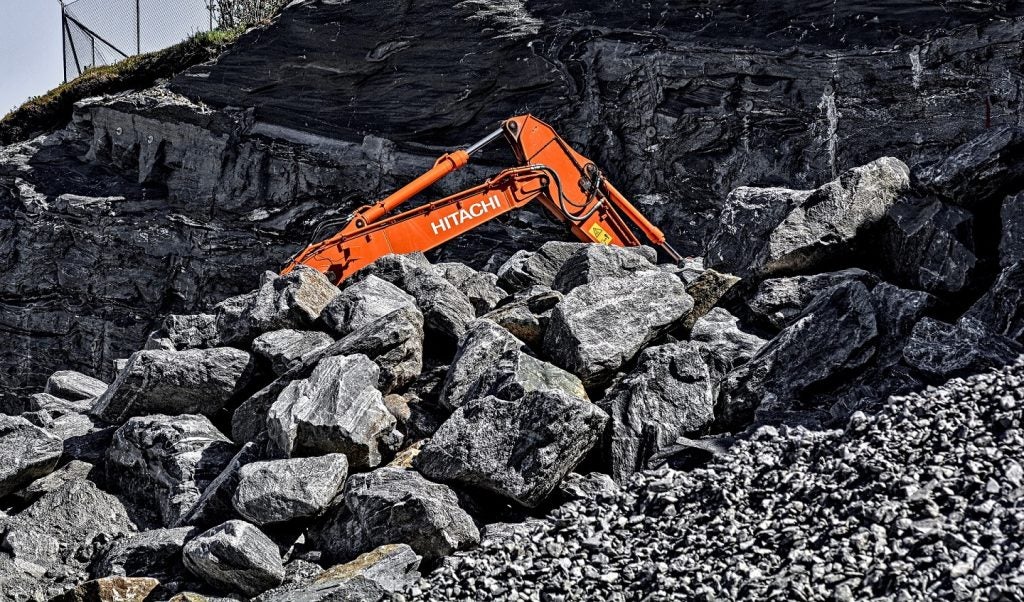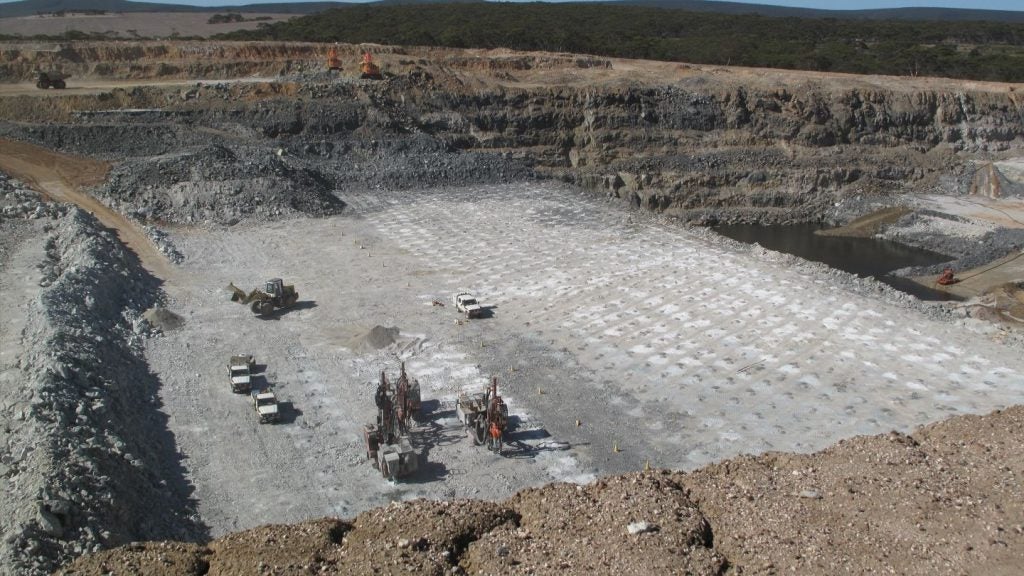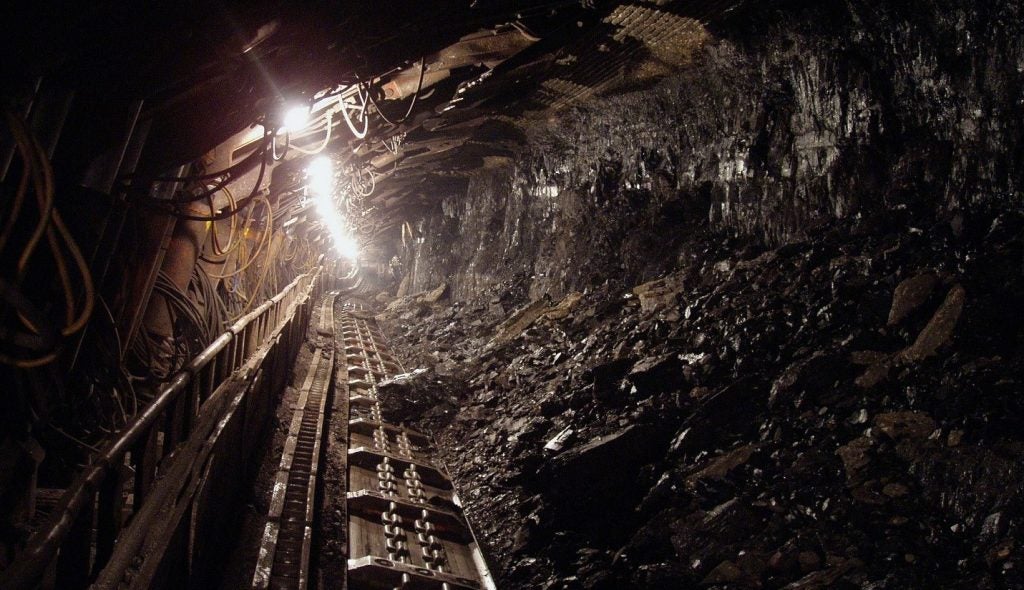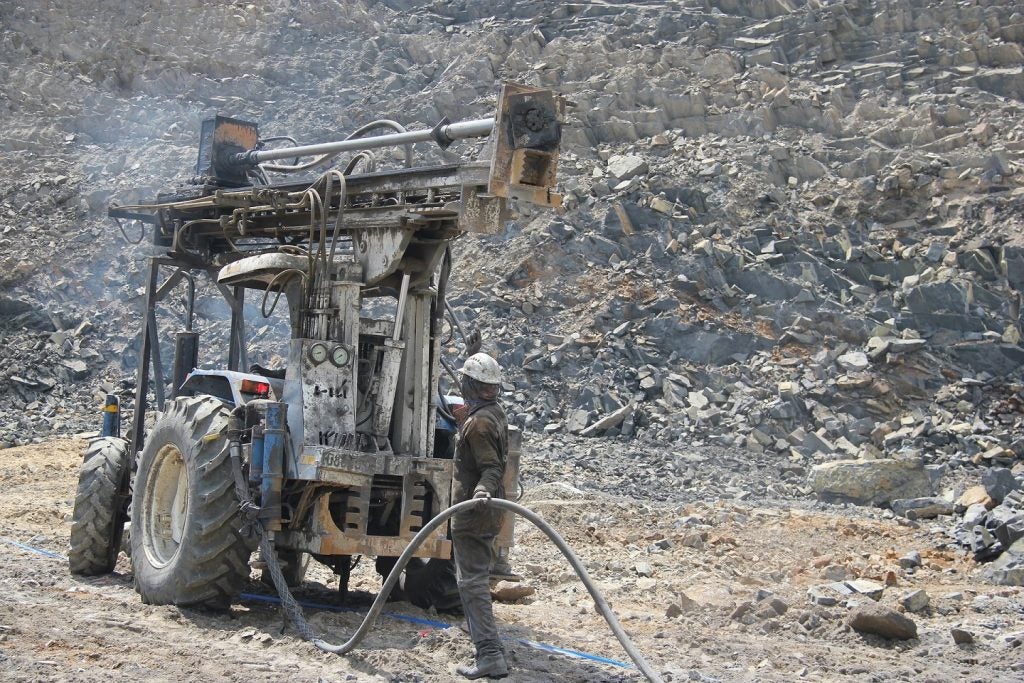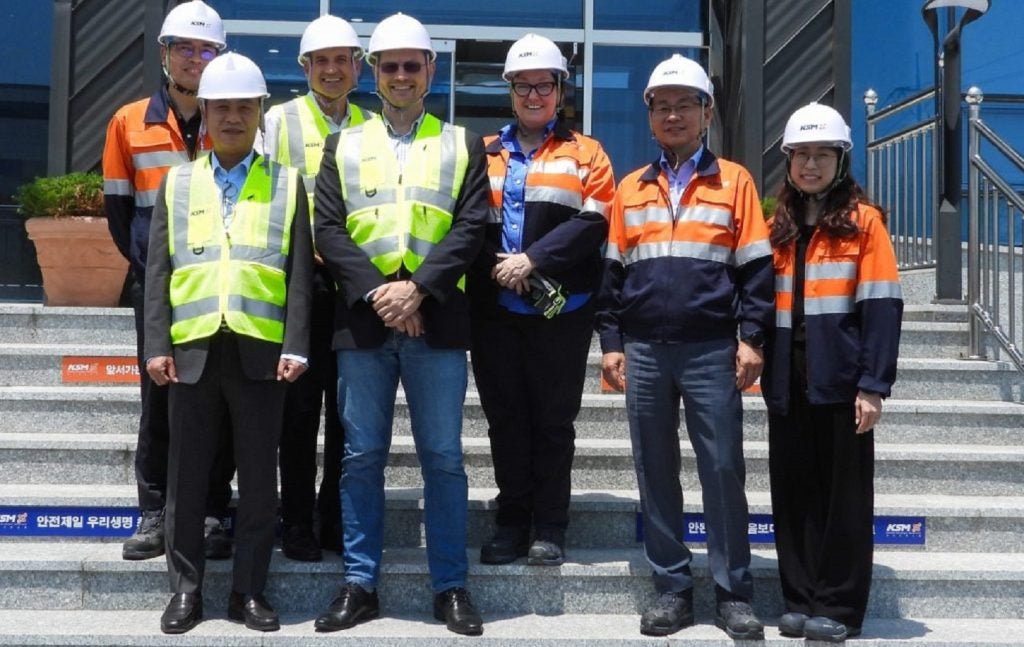Greenland has issued a draft decision rejecting Energy Transition Minerals’ alternate exploration licence proposal for its Kvanefjeld rare earths project.
In December 2022, the Australia-based miner submitted an alternate proposal to exploit only rare earth elements, zinc and fluorspar at the project and eliminate uranium as an impurity and store it in a tailings facility.
The move comes as a result of the Greenlandic Government’s ruling imposed in 2021 to ban uranium prospecting, exploration and exploitation.
The latest draft decision stated: “The Government of Greenland refuses the application of 16 December 2022 for the alternative exploitation licence for the Kuannersuit project.”
Energy Transition said it "strongly disagrees" with the conclusions made by the government.
In a press statement, Energy Transition said: “Amongst other shortcomings, the draft decision appears to be little more than a reproduction of the Government of Greenland's previous decision to reject the company's original exploitation licence application, without any meaningful consideration of the merits of the company's alternative development proposal or the company's legal rights and legitimate expectations.”
The company is now allowed to provide comments on the draft decision within a period of two weeks.
However, Energy Transition noted that this is "manifestly an insufficient amount of time" to prepare an adequate response to the draft decision.
As a result, Energy Transition has sought an extension of time from the government.
Having the potential to become the most significant critical rare earths project in the Western world, Kvanefjeld will comprise a mine, concentrator and refinery.




